Handling Preschooler Separation Anxiety: What Parents Need to Know
9 March 2025
Separation anxiety—it’s one of those emotional rollercoasters that seemingly comes out of nowhere and grabs hold of your preschooler. If you’ve ever tried peeling a clinging child off your leg while they’re crying like it’s the end of the world, you know exactly what I’m talking about. It’s heartbreaking, exhausting, and let’s be real, often a little confusing. Why is it so hard for them to let go, and how can you help them navigate this very normal (but challenging) phase?
Take a deep breath, mama (or papa). You’re not alone in this. Separation anxiety is common among preschoolers, and the good news—yes, there is good news!—is that it’s a phase that will eventually pass. Let’s dive into what’s really going on behind those tearful goodbyes and, more importantly, how you can help your little one feel more secure.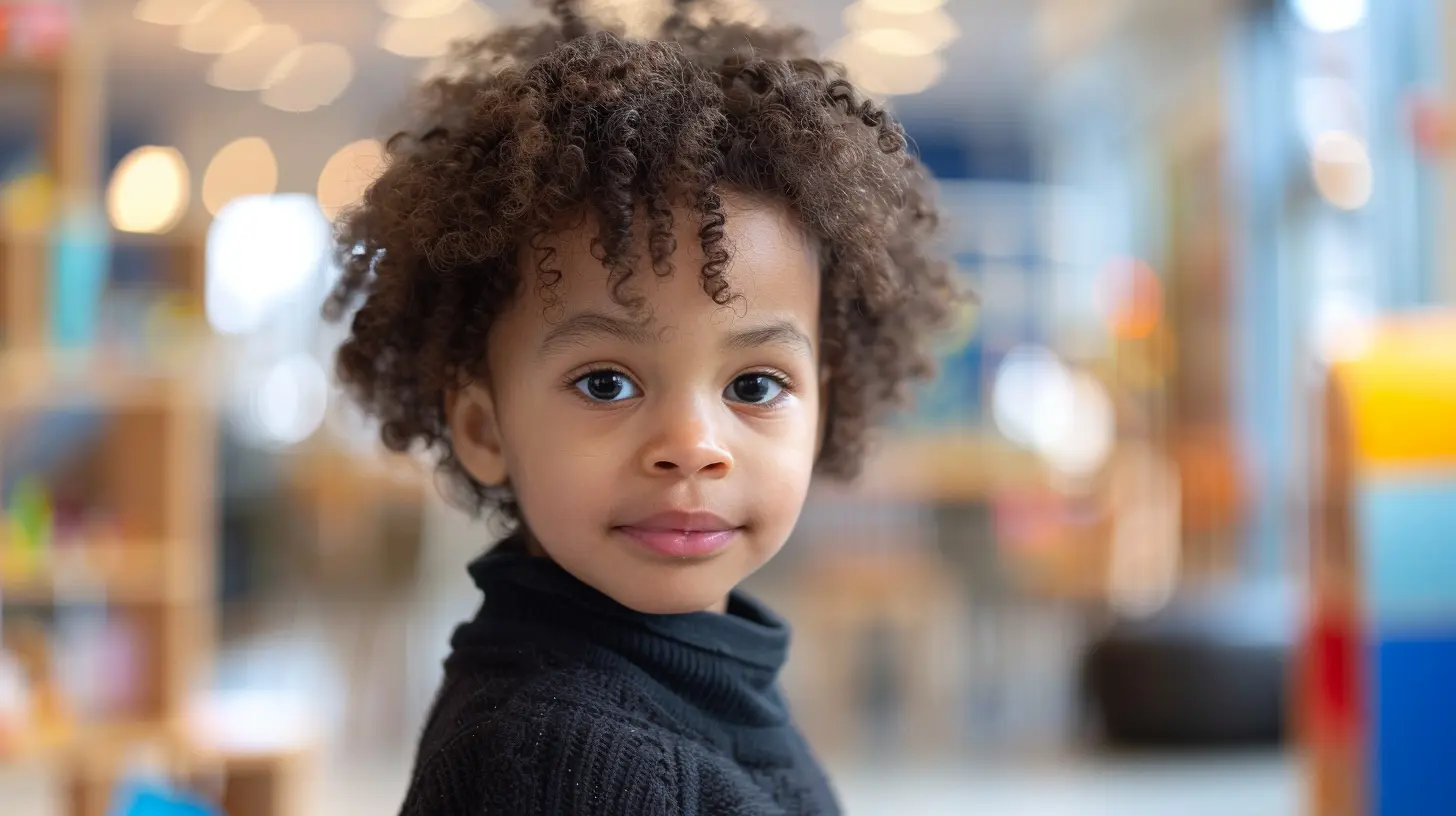
What Is Separation Anxiety?
Before we get into the "how," let’s first understand the "why." Separation anxiety is a developmental milestone where children feel an intense fear or distress when they're separated from their primary caregiver—usually mom, dad, or another close family member they trust. This typically starts in infancy and peaks between ages 1 and 3, but preschoolers experience it too. Why? Because their little brains are growing and learning about independence, which, let’s face it, can be both thrilling and terrifying at the same time.Think of it this way: For them, you’re their anchor. When you’re not around, the world feels unstable and unpredictable. They’re not trying to make your morning drop-offs chaotic (even though it definitely feels that way); they’re just trying to make sense of their world.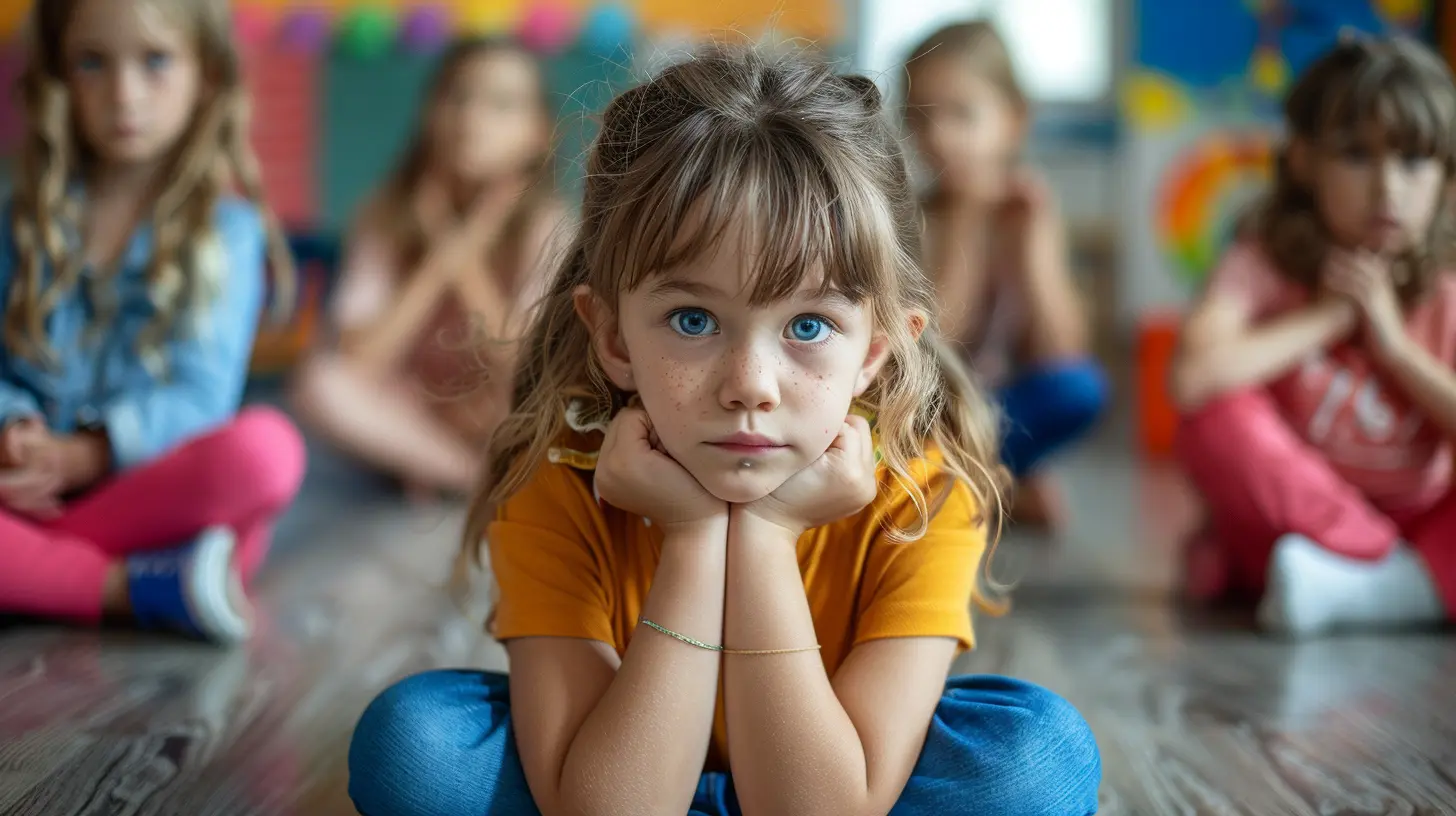
Signs Your Preschooler Is Experiencing Separation Anxiety
Not sure if your child’s meltdowns are actually separation anxiety? Here are some common signs to watch for:- Clinging behavior: Your little one might attach to you like Velcro and refuse to let go.
- Crying, tantrums, or distress: Big emotions surface when it’s time to say goodbye.
- Physical complaints: “Mommy, my tummy hurts” might actually be anxiety talking.
- Sleep struggles: Bedtime can become a battlefield. They may suddenly be afraid to sleep alone.
- Regression: Skills they’ve already mastered, like toileting or dressing themselves, might take a temporary backslide.
Sounds familiar? Yep, this is all pretty normal. The key is understanding how to respond in a way that helps them feel safe and secure.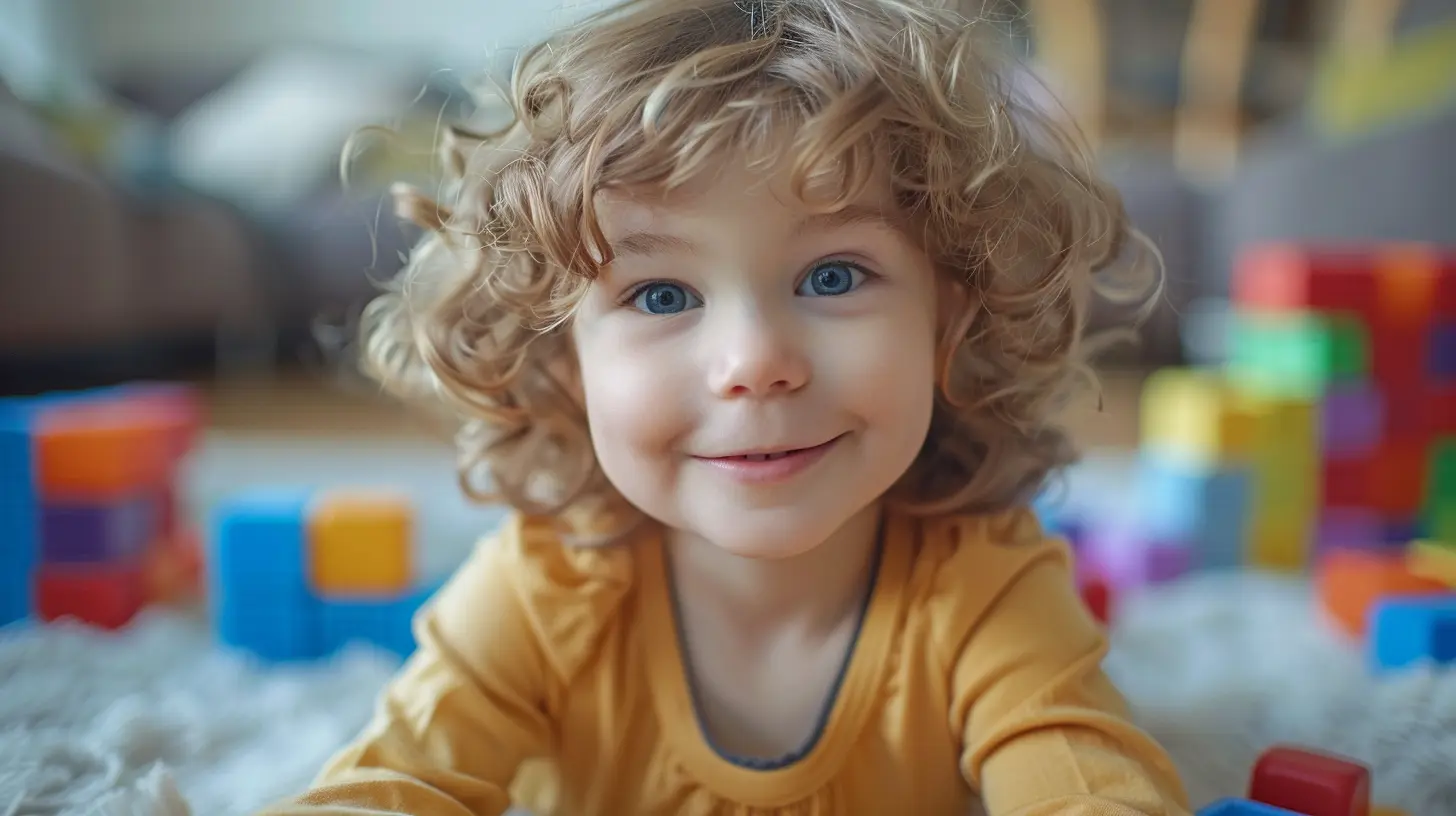
Why Do Preschoolers Go Through Separation Anxiety?
You might be thinking, “Wait, my preschooler was fine before, so why now?” Great question. Separation anxiety can crop up at different stages for various reasons:1. Developmental leaps: As kids grow, they start to realize just how big the world is—and how small they are. It’s a bit overwhelming.
2. Changes in routine: Moving houses, starting preschool, or a new sibling can trigger anxiety.
3. Parent-child attachment: A strong bond is wonderful, but it also means they rely on you as their “safe zone.”
4. Imagination overload: Preschoolers have wild imaginations, which can sometimes fuel fears of the unknown.
Knowing the triggers can help you better understand what’s going on beneath the surface—and how to respond in a way that supports your child.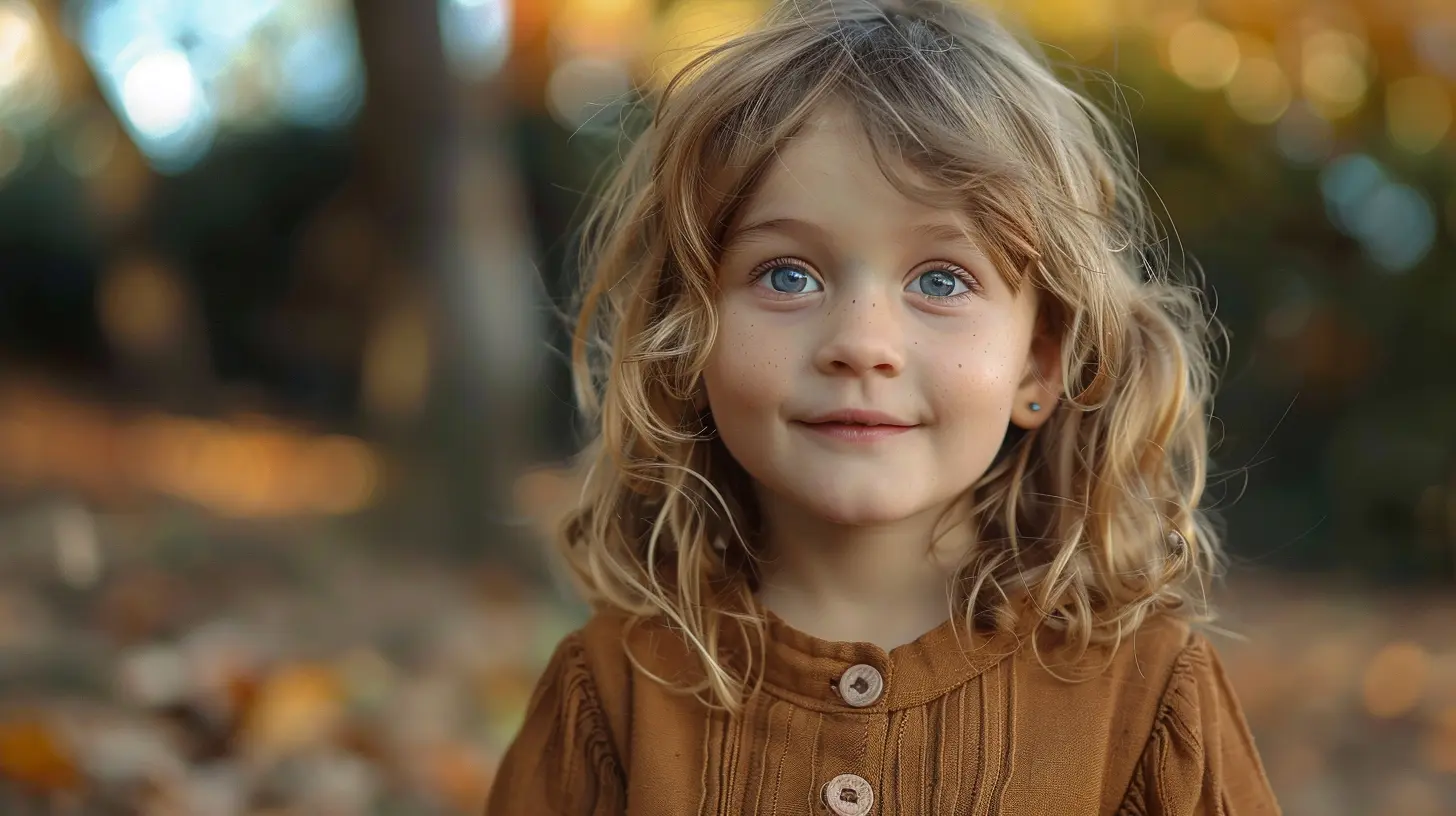
Tips for Handling Preschooler Separation Anxiety
Okay, so your preschooler is going through it. Now what? Let’s arm you with some strategies to make those transitions easier (for both of you).1. Acknowledge Their Feelings
First things first: Don’t dismiss their emotions. Saying, “You’re fine, stop crying,” might feel like the easiest route, but it can actually lead to more distress. Instead, acknowledge what they’re feeling. Try saying something like, “I know you’re sad because you’ll miss me, and that’s okay.” Sometimes, just feeling understood makes a huge difference.2. Establish a Goodbye Routine
Consistency is your best friend here. Create a short and predictable goodbye ritual—maybe a hug, a kiss, and a special phrase like “See you after snack time!” Keep it brief (no long goodbyes) and stick to it every time. This helps your child know what to expect and builds a sense of security.3. Practice Separations at Home
If your child struggles with separation, practice short absences at home. For example, tell them you’re going to another room for a few minutes and then come back as promised. This builds trust and reinforces the idea that you always return.4. Comfort Items Are Key
Sometimes, a tangible reminder of you can work wonders. A small stuffed animal, a family photo, or even a “magic” bracelet you both wear can help them feel connected to you, even when you’re not there.5. Talk About It Ahead of Time
Preschoolers thrive on predictability, so give them a heads-up about upcoming separations. If they’re starting school, talk about what their day will look like, who will be there, and when they’ll see you again. Bonus tip: Read books about separation anxiety to help them process their feelings. (Two favorites: The Kissing Hand by Audrey Penn and Llama Llama Misses Mama by Anna Dewdney.)6. Stay Calm and Confident
Kids are like little emotional sponges—they pick up on your vibes. If you’re anxious during drop-off, they’ll sense it and feel even more unsettled. Be calm, confident, and reassuring. Fake it till you make it, right?7. Provide Positive Reinforcement
Celebrate their progress—no matter how small. If they made it through drop-off without tears (or with only a few tears), let them know how proud you are. Positive reinforcement boosts their confidence and helps them tackle future separations with more courage.When Should You Be Concerned?
Separation anxiety is normal, but there are times when it might signal something deeper, like Separation Anxiety Disorder (SAD). If your child’s anxiety is intense, lasts for months, or significantly interferes with their daily life (e.g., they refuse to go to preschool altogether), it might be time to seek additional support. A pediatrician or child therapist can help guide you through the best next steps.Remember: This Too Shall Pass
Let’s not sugarcoat it—handling separation anxiety is tough. There will be tears (on both sides), moments of frustration, and days when you wonder, “Am I doing this parenting thing right?” But trust me when I say this: You’re doing great. This is just one of those growing pains that comes with raising a little person.And while it may feel endless now, separation anxiety is a phase. It’s not forever. With patience, understanding, and a whole lot of hugs, your preschooler will learn to navigate their independence with confidence. And as they do, you’ll get to witness them blossom into the amazing little human they’re meant to be.
all images in this post were generated using AI tools
Category:
Parenting PreschoolersAuthor:

Liam Huffman
Discussion
rate this article
8 comments
Mila McKinnon
This article effectively highlights the emotional landscape of preschooler separation anxiety, emphasizing empathy and patience. However, it could benefit from exploring individualized strategies, as each child’s needs differ. Incorporating insights from child development experts could deepen understanding and provide parents with diverse tools to navigate this common yet challenging experience.
April 2, 2025 at 4:04 PM

Liam Huffman
Thank you for your insightful feedback! I appreciate your suggestion to include individualized strategies and expert insights, and I'll consider incorporating those elements in future revisions.
Quade Ford
Preschooler separation anxiety is common. To ease transitions, establish a consistent goodbye routine, offer reassurance, and practice short separations. Patience and support will help build their confidence over time.
March 21, 2025 at 3:56 AM

Liam Huffman
Thank you for your insightful comment! A consistent goodbye routine and gradual separations are indeed key strategies for helping preschoolers manage separation anxiety. Your suggestions will surely support parents in this journey.
Nadine Morrow
Great insights! I'm curious about the most effective techniques to ease separation anxiety. How can we best support our little ones during this challenging time?
March 19, 2025 at 5:13 AM

Liam Huffman
Thank you! To ease separation anxiety in preschoolers, establish a consistent goodbye routine, practice short separations, and reassure them with positive affirmations. Creating a comforting transition object can also help. Consistency and reassurance are key!
Parker Brooks
Great tips! Consistency and reassurance truly make a difference.
March 16, 2025 at 3:48 PM

Liam Huffman
Thank you! I'm glad you found the tips helpful. Consistency and reassurance are indeed key in easing separation anxiety.
Astrid McKibben
Navigating preschooler separation anxiety can be tough. Remember, your love and patience provide comfort as they learn to cope. You're not alone!
March 16, 2025 at 5:17 AM

Liam Huffman
Thank you for your supportive words! It's reassuring to know that love and patience play such a vital role during this challenging time.
Valerie McMahan
Every child is unique; patience helps.
March 15, 2025 at 4:21 PM

Liam Huffman
Absolutely! Each child responds differently to separation, and patience is key in guiding them through this process.
Calaris Weber
Navigating preschooler separation anxiety can be tricky, but remember, you’re not alone! With patience, love, and a sprinkle of fun, you’ll both conquer this phase. Celebrate small victories together—each smile is a step towards independence! You’ve got this!
March 15, 2025 at 5:25 AM

Liam Huffman
Thank you for your encouraging words! Celebrating those small victories truly makes a big difference in managing separation anxiety.
Selena Hensley
While addressing preschooler separation anxiety, it’s crucial to balance empathy with encouragement. Allowing children to express their feelings is important, but parents must also foster independence. Strategies like gradual separation and positive reinforcement can help. Ultimately, building a trusting environment lays the foundation for resilience in future challenges.
March 12, 2025 at 5:35 PM

Liam Huffman
Thank you for your insights! Balancing empathy with encouragement is essential in helping preschoolers cope with separation anxiety. Your strategies for fostering independence and building trust are invaluable for parents navigating this challenge.
MORE POSTS

Overcoming Perfectionism: Raising a Self-Assured Child

The Impact of Parent-Child Conversations on Language and Learning
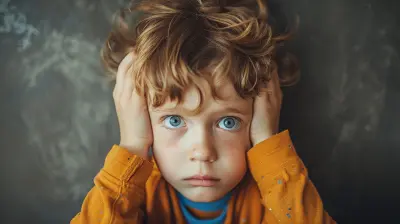
Helping Your Child Navigate Emotions with Attachment Parenting Strategies

Babywearing and Attachment Parenting: A Natural Way to Build Closeness

How to Navigate Preschool Milestones with Confidence

Handling Criticism as a Homeschooling Parent